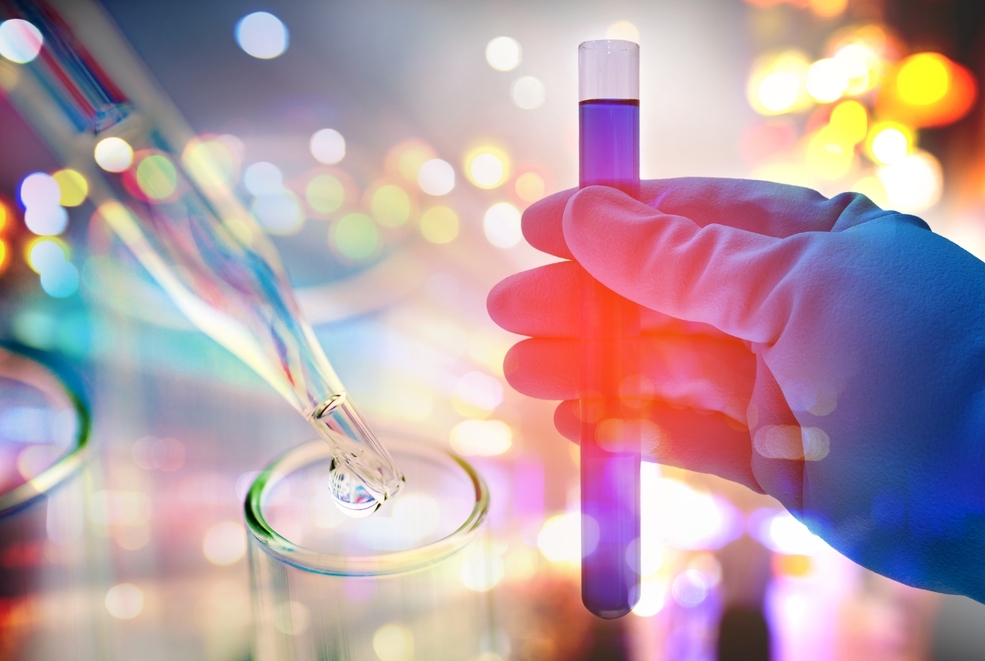Cancer biologists at Weill Cornell Medicine have been awarded a 2021 Top 10 Clinical Research Achievement Award from the Clinical Research Forum for their study last year describing a highly sensitive blood test for monitoring cancer progression and relapse.
The findings, entitled “Genome-wide cell-free DNA mutational integration enables ultra-sensitive cancer monitoring,” were published June 1 in Nature Medicine by a team led by Dr. Dan Landau, an associate professor of medicine and a member of the Sandra and Edward Meyer Cancer Center at Weill Cornell Medicine. Dr. Asaf Zviran, a postdoctoral researcher in the Landau lab during the study, was the paper’s first author.
The method developed in the study uses whole-genome sequencing of DNA in blood to detect mutations that are present in a given patient’s tumor. Powered by machine learning algorithms, the cancer-detection platform can recognize any of thousands of tumor-linked mutations. This makes it sensitive enough to work even in situations where traditional “liquid biopsy” techniques fail due to the low concentration and high fragmentation of tumor DNA in blood. The aim of the method is to enable doctors to monitor cancer progression and treatment response more acutely than ever before—which should boost the effectiveness even of existing treatments.
The award is one of 10 given annually by the Clinical Research Forum for highly innovative and clinically translatable research with the potential to provide major benefits to patients. The Washington, D.C.-based organization is an influential advocate for government funding of clinical research and the interests of American clinical research institutions generally. The winners will present their award-winning research on March 30 at the Forum’s annual meeting, held online this year due to COVID-19.
“We’re very grateful for this award, and particularly gratified that the Clinical Research Forum has recognized the potential of this new technology to transform cancer care,” said Dr. Landau, who is also a core member of the New York Genome Center.
He and his team are continuing to develop the new method, which they call “MRDetect” in reference to the common challenge in cancer care of detecting “minimal residual disease.” The Landau lab is working with collaborators at Weill Cornell Medicine to improve their machine learning approach and make the method even more sensitive. They are also testing its ability to help doctors optimize new immunotherapy treatments for certain cancers.

